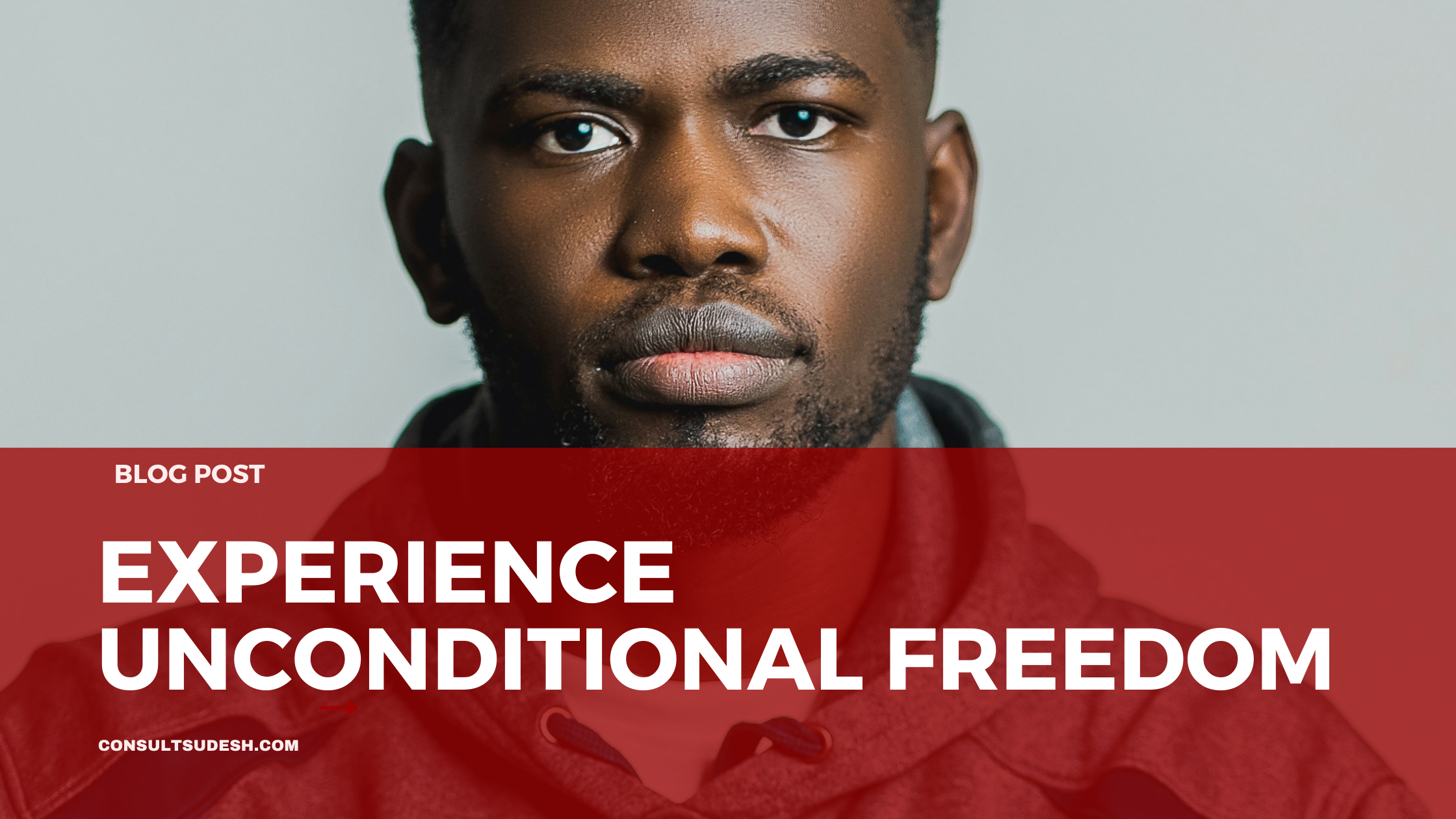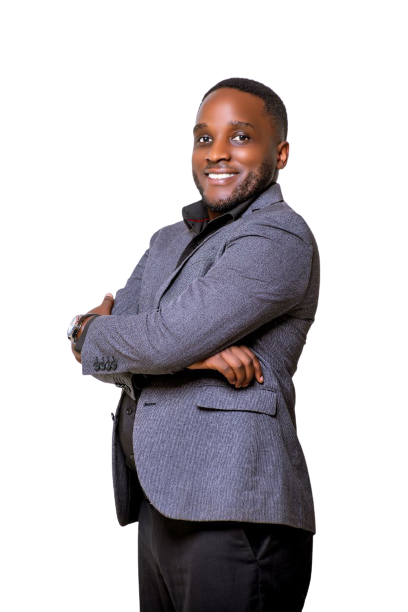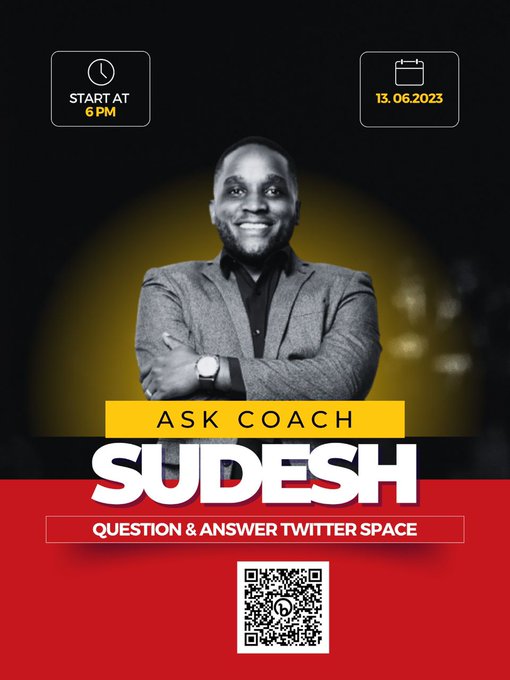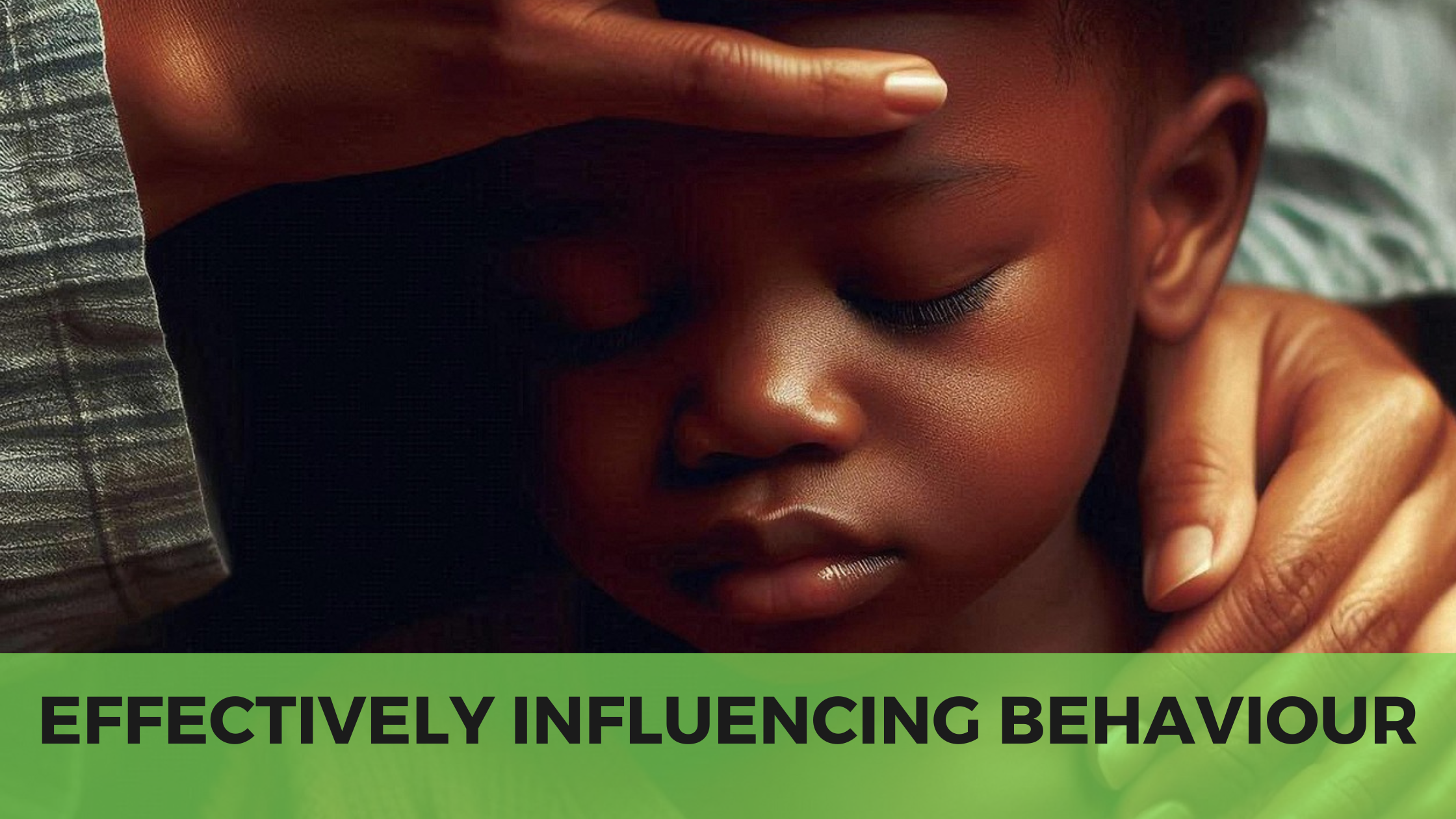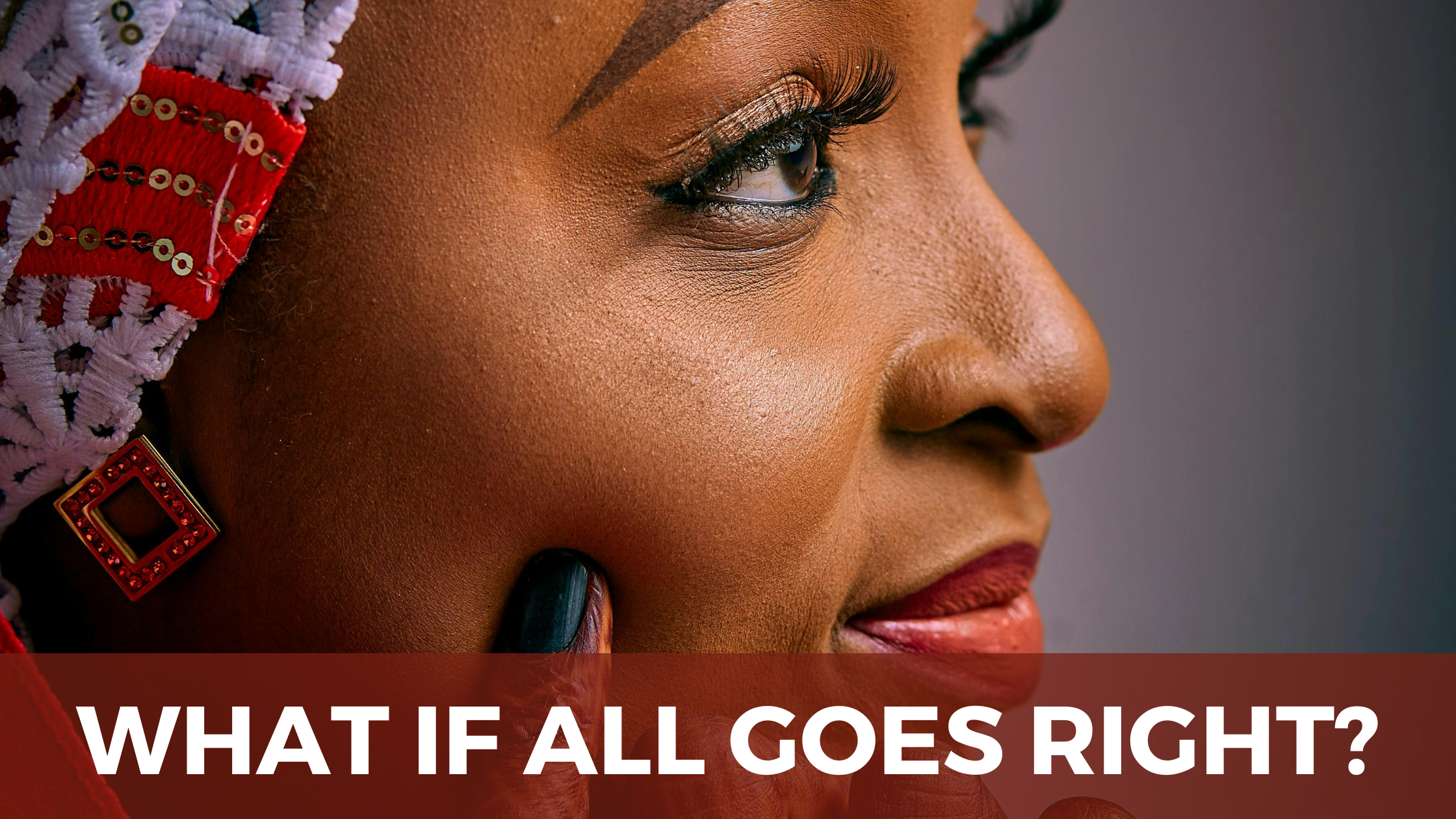The core definition of freedom describes it as our capacity to do what we want. We want to be “free from” constraints. This freedom is “relative” or “conditional” because it depends on factors beyond our control. Life is full of constraints. We can’t stop the law of gravity, seedtime and harvest. We can’t start a company (at least not legally) without the necessary government licenses. We have different degrees of relative freedom, but nobody is “totally free.” Freedom is exercised within context. You can’t steal from your neighbor just because you’re free or show up late at work.
The essential or unconditional definition of freedom is our capacity to respond to a situation by exercising our free will. According to this definition, every person is free. Essential freedom is a basic condition of human existence. We always respond to situations the way we choose
Essential human freedom is unconditional because, as we face our situation, we can choose to do what we deem best. We are always free to choose our behavior; we are even free to choose to deny ourselves this freedom and feel as though we are not free.
Take Namu, for example, a Customer Care manager. She felt victimized by her boss who “forced” her to attend a meeting I was facilitating between the Customer care and Operations departments.
When I asked her why she attended the training, she replied, “Because my boss sent me.” It was true that her boss had asked her to come to the training, but not the whole truth. It was also true that she chose to accept her boss’s request. Namu’s interpretation led her to feel resentment and resignation. She was physically present at the training, but her heart and mind were somewhere else.
I challenged her gently, asking her if she hadn’t agreed to attend the training when her boss had requested it. The obvious implication was that she could have chosen not to come to the meeting in spite of her boss’s request.
“No, I couldn’t disagree with my boss and miss this meeting. My job is on the line,” Namu argued. I pointed out that she could have missed the training but instead chose to attend because the consequences of declining her boss’s request were worse than the consequences of accepting it. “Well, it’s the same thing,” she said. “The difference is purely semantic.”
The difference is not just semantic. To own her power, Namu must stop denying her freedom. Once she realizes that she is free to respond to her boss (even though she is not free from her boss’s authority), Namu could try to negotiate not attending the meeting, or if the meeting was that distasteful for her, to risk declining her boss’s request anyway.
This could result in unwanted consequences: Namu cannot choose to keep her job if her boss fires her, but quitting her job in protest for being sent to the meeting is an option (although probably not the most desirable one). Freedom does not mean doing what you want without consequences; it means having the capacity to choose, in the face of a situation, the response that is most consistent with your values.
Unconditional freedom is your secret weapon. You should understand that all results are a consequence of the interplay between a certain challenge and your ability to respond to it— what we call response-ability. If the challenge is greater than your capacity to respond, the result will be negative, a failure. If your capacity to respond is greater than the challenge, the result will be positive, a success. Thus, you can increase your chances of success by either increasing your response capabilities or by reducing the challenge you’re facing.
In situations where the challenge is beyond your control, trusting success to luck is a risky proposition.
The free person always describes herself as a significant part of her problems. She is willing to take the hit of accountability because it puts her in the driver’s seat. Self-empowering explanations let her understand how she contributed to the situation and find ways to improve it. When she understands what she did or didn’t do that contributed to the problem, she understands what she can do or not do to prevent the problem from recurring.
Nelson Mandela put it this way, “He was saying that we could always blame all of our troubles on the white man. His message was that we must also look within ourselves and become responsible for our actions—sentiments with which I wholeheartedly agreed”

